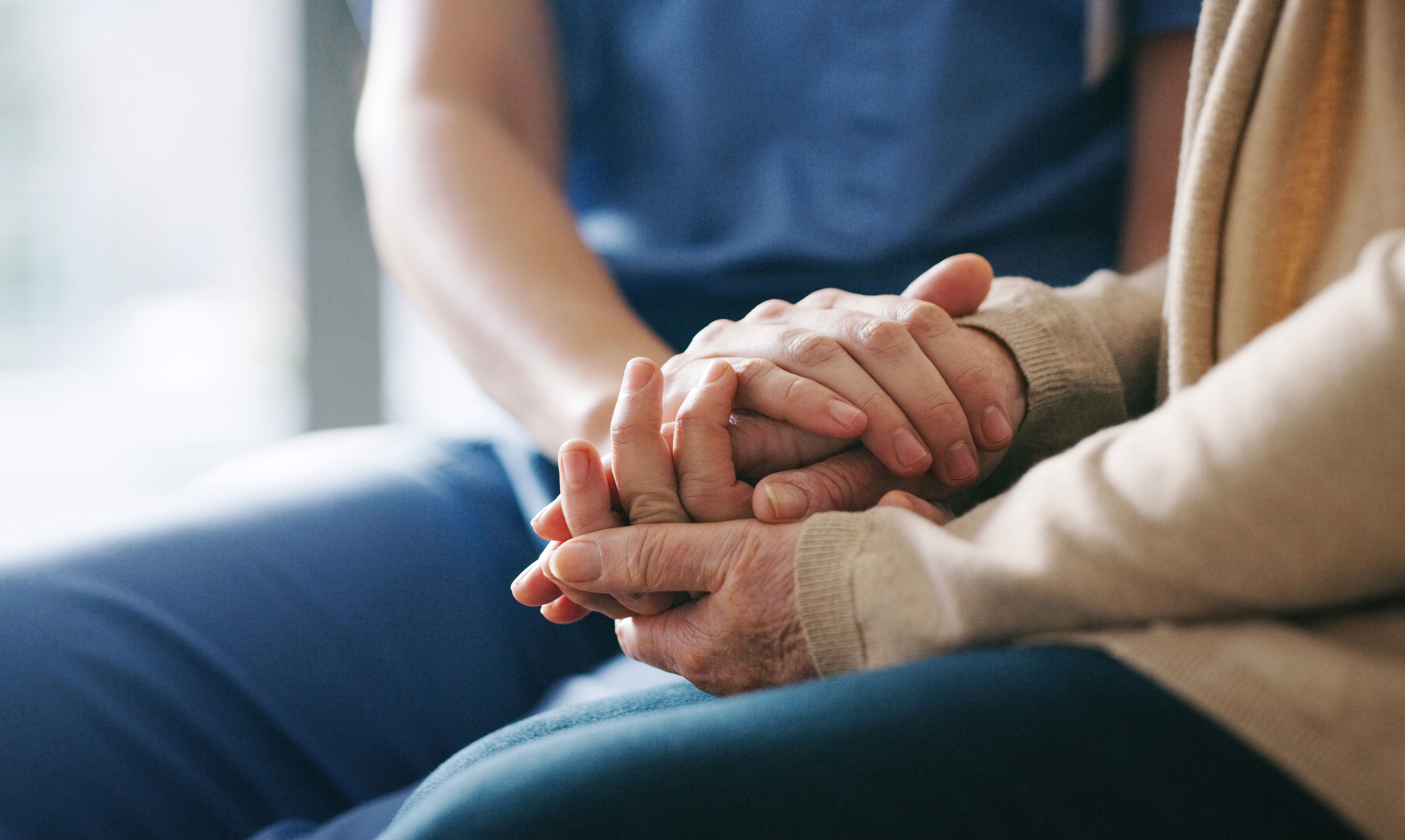
Don’t turn your back on end-of-life care
No one wants to talk about one of the most important things that will happen to us in our lifetime: death. It’s understandable, so if you’re one of the people who doesn’t want to talk about it, let me talk about it instead.
My mother died of cancer, and I didn’t see it coming. Well, I knew it was incurable, but I didn’t know the end was so imminent. I had just taken her to a chemotherapy treatment, where her doctor and regular nurse said, “See you after the holidays!”
But they didn’t. She died before her next scheduled treatment, just a little over a week after their optimistic farewell. Does that seem strange? That’s because medical professionals are also human, and sometimes they don’t want to face the inevitable either.
When my mom stopped eating and drinking, I knew it was bad, because she had a battery of medications she needed to take. In desperation, after over a day of trying to make it work, I called an ambulance. I will never forget the kindness of one of the EMTs, who noticed the scarf over her head was slipping while he loaded her onto the gurney, and gently put it back in place.
At the hospital, one of the doctors was able to look at a scan taken recently that my mother’s oncologist apparently hadn’t seen yet. She was loaded with tumors that were filling her lungs and other organs, and stopping her ability to breathe. It was the end, and the chemo she had been enduring up until a few days ago had only made her last days harder.
We tried our best for a peaceful passage in the hospital. Her brothers, sisters, children and grandchildren were able to say their goodbyes. But the whole time, I was filled with regret that her final days were in the hospital in pain. Why hadn’t I talked to a palliative care team, or at least helped her sign up for visits from a hospice nurse?
Comfort and support
Palliative care means measures that treat the many symptoms that come along with a disease — and it doesn’t have to mean the end of treatment, which can take place simultaneously. Hospice care is focused on comfort measures. I believe both can make those days less terrifying and painful and much more peaceful for the patient and the family. Personally, if I could do it over, knowing what I know now, I would have ensured my mom received palliative and hospice care. And I will make sure that I have a solid living will and advance care directive in place for myself, so my family never has to worry on my behalf.
I am constantly reassured to know that now where I live, the local health system, TidalHealth, has palliative care clinics and dedicated professionals who work with the care team to manage symptoms and provide support. They offer a free “Learn about Advance Care Planning,” at 1 pm on the second Tuesday of every month if you need some help in the process.
Death is a part of life; every story has an ending. Make sure you know how you want yours to be written.





